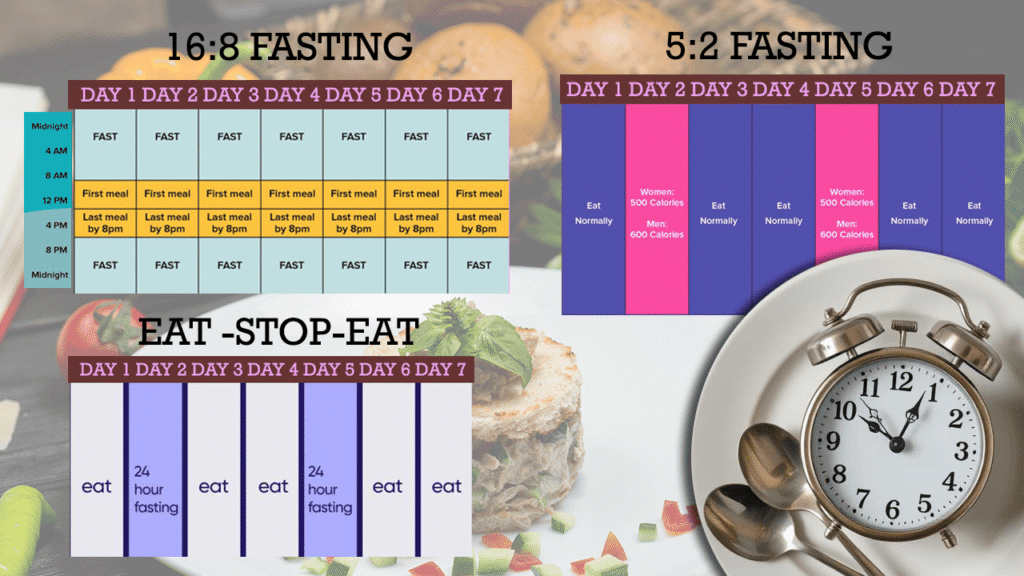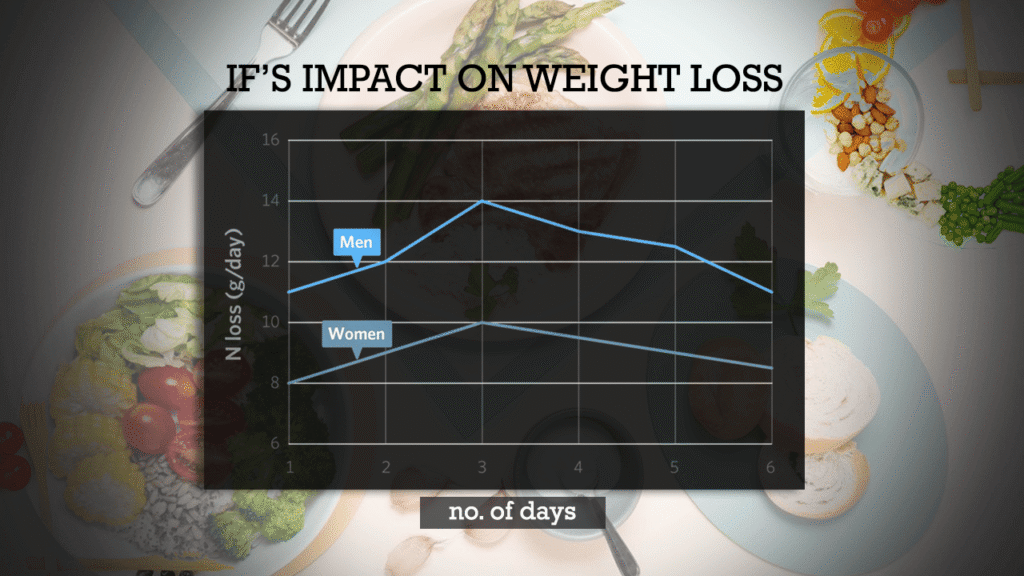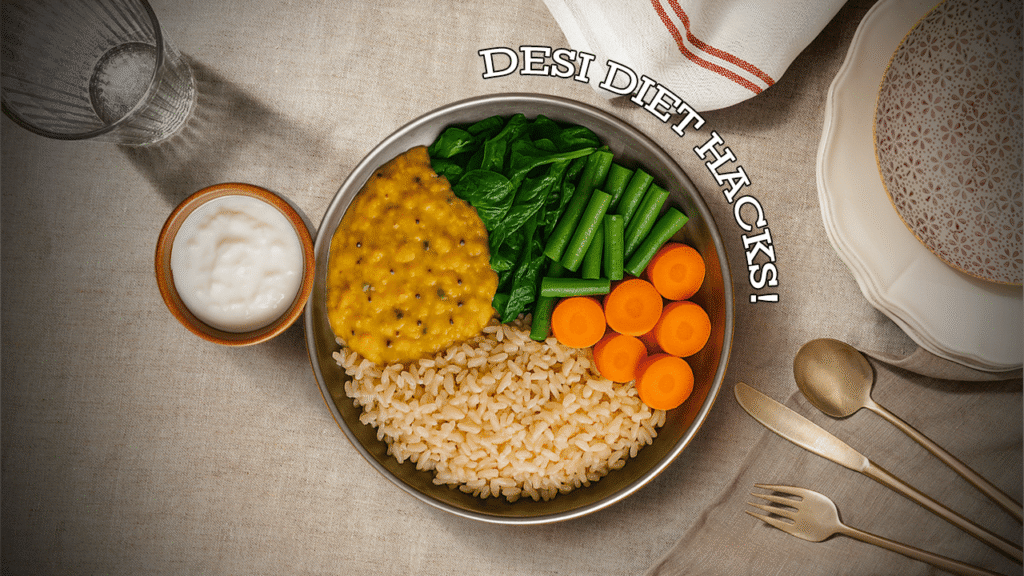Advertisement

- Updated on May 15, 2025
- IST 4:04 am
Imagine this: Priya, a 28-year-old from Mumbai, has been wrestling with Polycystic Ovary Syndrome (PCOS) for years. Irregular periods, stubborn weight gain, and acne that just won’t quit—she’s tried it all, from pills to yoga. Then, she stumbles across intermittent fasting (IF), the buzzword everyone’s raving about. “Lose weight, feel great!” the internet promises. So, she jumps in—skipping breakfast, fasting for 16 hours a day. But a few weeks later, her skin erupts, her mood crashes, and her periods vanish altogether. “Fasting ruined my PCOS—here’s what your gynecologist won’t tell you!” she vents to a friend, bewildered and defeated.
Now, picture Anjali, 32, from Chennai. She’s also got PCOS, but her story takes a different turn. She eases into IF with a 12-hour fasting window, pairs it with a balanced Indian diet, and checks in with her doctor. Six months later, she’s shed kilos, her cycles are steadier, and she’s glowing. For her, IF feels like a lifeline.
So, what’s the truth? Is intermittent fasting a blessing or a curse for Indian women with PCOS? With hormonal imbalances already in the mix, can fasting really help—or does it make things worse? In this blog, we’ll unpack the risks, the rewards, and the real-life experiences of Indian women navigating IF with PCOS. Plus, we’ll share safe tips and diet ideas rooted in our desi kitchens. Let’s dive in and figure this out together!

Understanding PCOS: A Hormonal Rollercoaster
First, let’s get the basics down. PCOS isn’t just about skipping periods or sprouting unwanted hair—it’s a hormonal mess that affects 1 in 5 Indian women of reproductive age. Think of it like a seesaw that’s stuck: too much insulin, excess androgens (male hormones), and ovaries that can’t quite get their act together. The result? Irregular cycles, weight gain, acne, and sometimes tiny cysts on the ovaries. Beyond the surface, PCOS ups your risk for diabetes, heart issues, and even anxiety.
For many women, shedding extra weight can tip that seesaw back into balance, easing symptoms by improving insulin sensitivity and hormone levels. That’s where intermittent fasting enters the chat—praised as a weight-loss wonder. But with PCOS already throwing curveballs, is IF the right move? Let’s explore.
Intermittent Fasting Explained: Timing Over Tummy
Unlike typical diets that fuss over what you eat, intermittent fasting is all about when you eat. It’s like setting a clock for your meals—eat during certain hours, fast during others. Here are the popular methods:
- 16/8 Method: Fast for 16 hours, eat in an 8-hour window (say, noon to 8 pm).
- 5:2 Diet: Eat normally 5 days a week, cap calories at 500-600 for 2 days.
- Eat-Stop-Eat: Go 24 hours without food once or twice a week.
The pitch? Fasting gives your body a break to burn fat, tweak insulin levels, and maybe even calm inflammation. For the average person, it’s a metabolic reset. But for women with PCOS, whose hormones are already doing a wild dance, does it sync up—or throw everything off beat?

The Big Debate: Does IF Help or Hurt PCOS?
Here’s where it gets juicy—experts and real women don’t agree. Let’s break it down.
The Pros: Why IF Might Work
- Weight Loss: PCOS often comes with extra pounds that won’t budge. IF can cut calories naturally, helping you slim down. Studies show it’s effective for weight loss, which can dial down insulin resistance and androgen levels—key culprits in PCOS.
- Insulin Sensitivity: Many women with PCOS struggle with insulin resistance, making blood sugar a nightmare. Research suggests IF can improve how your body handles insulin, potentially easing symptoms.
- Inflammation Drop: Chronic inflammation fuels PCOS woes. Some evidence hints that IF might lower inflammation markers, offering relief.
Take Anjali’s case: Her 12-hour fasting routine, paired with smart eating, helped her lose 8 kg. Her periods steadied, and her energy soared. “It’s like my body finally found its rhythm,” she says.
The Cons: Where IF Might Backfire
- Hormonal Chaos: Fasting isn’t always a hormone’s best friend. It can spike cortisol (the stress hormone) and mess with leptin (which controls hunger), potentially worsening PCOS imbalances. For some, that means more irregular cycles or flare-ups.
- Body Stress: Long fasting windows might stress your system, especially if you’re juggling a hectic Indian lifestyle—work, family, traffic! Elevated cortisol can sabotage insulin and periods alike.
- Nutrient Gaps: Skimp on meals without planning, and you might miss out on nutrients crucial for PCOS—like magnesium or healthy fats. That’s a risk no one needs.
Priya learned this the hard way. Her 16-hour fasts left her drained, and her symptoms spiraled. “I thought I was doing something good, but my body disagreed,” she admits.

The Indian Twist: Fasting Meets Tradition
Fasting isn’t new to us Indians—it’s practically a family heirloom. Karva Chauth, Navratri, Ramadan—our culture is steeped in it. But those fasts often end with feasts of jalebis, puris, and chai, sending blood sugar on a wild ride. For women with PCOS, that’s a tricky combo.
Our everyday diets lean heavy on carbs too—rice, rotis, parathas. Delicious? Yes. Ideal for insulin resistance? Not always. So, can IF fit into this desi framework? Maybe—if you tweak it. A 12-hour fast from dinner to breakfast mimics our natural overnight break and feels less like a leap. The trick is breaking it with balanced meals, not a carb fest.
Real Stories: Triumphs and Tumbles
Let’s hear from the women who’ve been there.
- Meera, 25, Delhi: She dove into 16/8 fasting and loved the initial weight drop. But months in, her periods stopped cold. Her doc told her to pause IF and focus on regular meals. “It took time, but my cycle’s back,” she shares.
- Riya, 30, Bangalore: Riya opted for a 14-hour fast, eating whole grains, proteins, and fats. With yoga to keep stress low, she lost 10 kg in a year. “My PCOS feels manageable now,” she beams.
These tales prove one thing: IF isn’t a magic wand. It’s a tool—how you wield it matters.
Safe IF for PCOS: Tips to Get It Right
Thinking of giving IF a shot? Here’s how to keep it safe and sane:
- Ease In: Start with a 12-hour window (8 pm to 8 am). See how your body vibes before stretching it further.
- Fuel Up Right: When you eat, pack in nutrients—veggies, lean proteins, healthy fats, whole grains. Skip the junk.
- Hydrate, Hydrate, Hydrate: Water’s your BFF during fasting. Toss in some tulsi tea or ginger water for a desi twist.
- Listen Up: Track your symptoms—energy, periods, mood. If something’s off, tweak or stop.
- Get Expert Eyes: Chat with your gyno or a nutritionist. PCOS is personal; your plan should be too.
Chill Out: Stress amplifies PCOS chaos. Yoga, meditation, or a quick walk can keep cortisol in check.

Desi Diet Hacks: Eating Smart with PCOS and IF
What you eat in your eating window can make or break IF. Here’s a PCOS-friendly Indian meal plan:
- Breakfast (Breaking the Fast): Moong dal chilla with mint chutney or oats with nuts and seeds—protein-packed and gentle on blood sugar.
- Lunch: Brown rice or quinoa with dal, sabzi, and a dollop of curd. Balance is key.
- Snack: Roasted chana, a fruit with almonds, or Greek yogurt—small but mighty.
- Dinner: Light and early—veggie soup, grilled paneer or fish, and a salad.
Steer clear of sugary chai, deep-fried pakoras, and white bread. Nourish, don’t punish, your body.

Wrapping It Up: To Fast or Not to Fast?
So, does intermittent fasting worsen PCOS or help? It’s not black-and-white. For some Indian women, it’s a game-changer—slimming waists and taming hormones. For others, it’s a hormonal havoc-wreaker. The difference lies in how you do it—slowly, smartly, and with guidance.
If IF tempts you, dip your toes in. Start small, watch your body’s signals, and lean on pros for advice. PCOS is a marathon, not a sprint, and you’re tougher than it. What’s your take? Tried IF with PCOS? Drop your story below—let’s swap notes and lift each other up!
You May Like This
Advertisement

You May Like This








Advertisement

Advertisement

Advertisement





